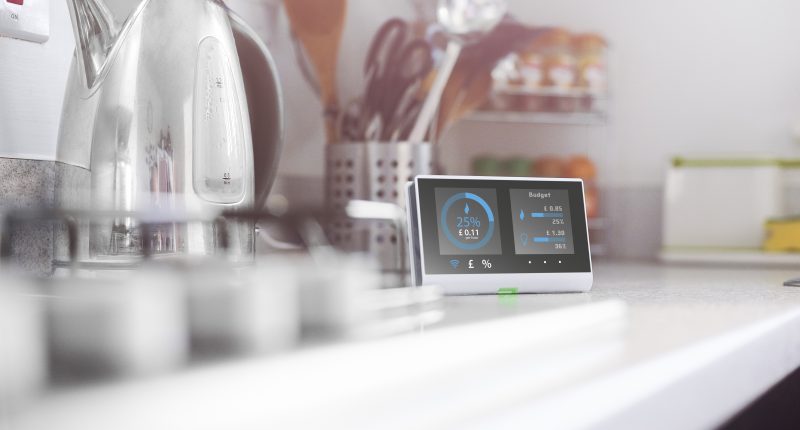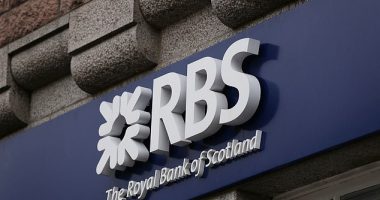MILLIONS of households are set to miss out on cash savings from reducing their energy usage again this year.
The Demand Flexibility Scheme (DFS) is available for a second winter, paying those who take part for using less energy at the busiest times.
But nearly half of billpayers won’t be able to take part because they don’t have a smart meter.
Around 47% of households are without the gadgets which can be used to track energy usage.
The devices are also an essential part of the DFS scheme, which pays customers a minimum of £3 per kWh of electricity saved.
The scheme was first launched last winter in a bid to prevent potential blackouts and ease pressure on the UK’s energy network.
Read more in money
The National Grid ESO (Electricity System Operator), has brought it back again, despite the risk of blackouts all but gone.
It means households that use less electricity than they normally do during certain allotted hours are paid for the savings.
Only those with a working smart meter can take part, as the device sends half-hourly readings about what power is being used.
An estimated three million households which have dummy devices won’t be able to take part.
Most read in Money
More could lose out on the savings too in future.
Smart meters fitted in seven million homes are expected to go “dumb”, a recent report from the Parliamentary Accounts Committee (PAC) warned.
That’s because the 2G and 3G phone networks are being scrapped, which will render some devices useless.
The gadgets have a SIM card, like your mobile phone, which connects to wireless networks in order to work.
Around seven million of the 32.4million that have been installed up to March this year will need to be replaced with new functional ones.
Some smart meters can also become dumb when moving from one supplier to another.
The Sun spoke to 70-year-old Lesley James who was stuck with a broken display for six months.
Consumer rights expert Martyn James said: “While rewarding people for conserving energy is a good idea, the Demand Flexibility Service (DFS) is inherently unfair.
“People living in rented accommodation (who can’t change meters without landlord permission), older homes or those who can’t get a smart meter fitted will not be able to benefit – so they end up paying more.
“This is at a time when many of those people are already facing record rents or bills and may need discounts the most.
“In addition, most energy firms have long waiting lists to get smart meters fitted at the moment, adding further delays over the winter months.”
Last year around 1.6million households and businesses were paid a total of just under £11million for taking part in the DFS.
And homes and businesses across Great Britain will once again be able to earn pounds, points or prizes across the period by shifting their energy usage outside of allotted periods.
The ESO said it will be looking to run 12 test events where households can make the savings.
There could also still be additional “live” events if the Grid decides that the country needs to reduce usage.
Each participating energy provider has its own eligibility criteria to take part in the scheme.
And the exact amount you’ll get will depend on who your supplier is.
We’ve listed all the energy firms paying customers to use less energy this winter.
Peter Smith, director of Policy at National Energy Action said: “Smart prepayment meters also have huge benefits for vulnerable and low-income prepayment customers, but the rollout has been slower than we had hoped and many meters that have already been fitted may go back to being ‘dumb’ once the 2G and 3G signal is turned off.
“It’s vital there remains a key focus across industry, the energy regulator and Government on delivering a successful programme.”
What are smart meters and should I get one?
The gadgets were first introduced to homes in 2011 and initially, the government gave a target of having one in every home in the UK by 2020.
But the deadline has since been pushed back to 2025.
It doesn’t cost you anything to have a smart meter installed – your energy supplier and you won’t be charged – so get in touch with them and make an inquiry.
Smart meters are designed so that you no longer need to send energy suppliers traditional meter readings once you’ve got one.
Your bill will be more accurate too, as it’s based on readings from actual usage, rather than estimates.
Smart meters let you track how much energy you use at night, during the day and during peak times.
Read More on The Sun
You’ll usually get an in-home display that’s connected to the smart meter which will show your energy usage in kWh, as well as the cost in pounds and pence.
You can save money on your energy bills using a smart meter – notably by being able to take part in energy-saving schemes like the DFS.









